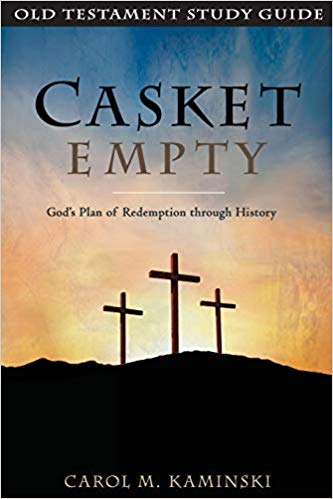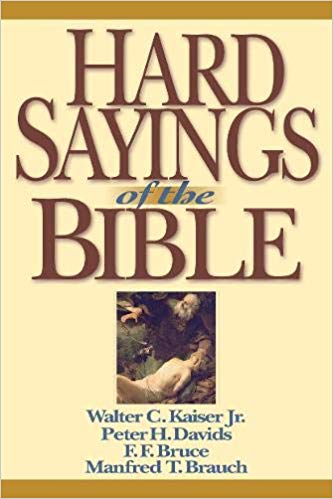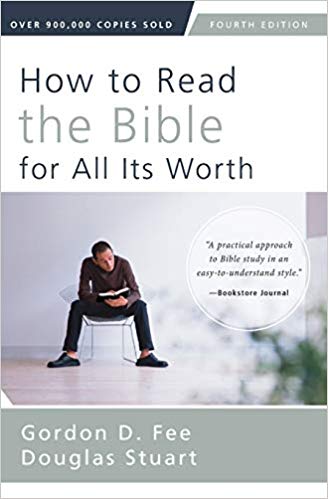When I am deeply stressed or anxious or experiencing an overwhelming emotion like grief, I can feel it in my body. My muscles are tense, and my shoulders rise towards my ears as they tighten. I can feel my heartbeat elevated and can nearly hear my blood pulsing. I feel jittery and restless, sometimes to the point my fingers tremble. My stomach churns. And my thoughts—they surge and shift, taking me down too many rabbit trails, reluctant to quiet and still.
I know I’m not the only one who has felt this way. I would dare say all of us have at some time or another. Some of us, who live more chronically with anxiety or who walk through a prolonged season of grief or trauma, feel it more often than we would care to admit.
When I feel like this, I want to bring myself to God and put my anxious, hurting heart before him, but the physical and emotional strain of my body in the moment seems to rise and suffocate the words as I try to form them. Sometimes I don’t even know what words to pray. In moments such as these, I have found a particular model of prayer to be helpful: breath prayer.
Breath prayer has been a practice of Christians for centuries. It is a simple, one sentence prayer paired to the rhythm of your breath. As you inhale, call on a name or characteristic of God, and as you exhale, express the desire or need of your heart. For example, (inhale) God of all comfort, (exhale) bring your peace. Continue to breathe deeply and repeat your prayer. Come back to it for as long and as often as you need to throughout the day.
I find in moments when my emotions and stress response run high, a breath prayer can calm my body, my mind, and my spirit. It invites me to stop, to quiet my beating heart and frantic thoughts in God’s presence. It also focuses my heart on God—on who he is, on what he offers, on his nearness to me. As my breath deepens, and my mind continues to meditate on the Lord, I find myself quieting. It doesn’t solve all my problems or permanently fix my emotional state, but it does invite me into a moment of quiet. It helps me recenter on the God who hears, on the God who is with me.
We live in a tumultuous and chaotic world. Stress and anxiety will come. And when they do, when you feel your thoughts and your body becoming overwhelmed and paralyzed, pause, breathe, and pray. Carry your breath prayer with you into those moments. And rest in the fact that you are loved, seen, and heard as his beloved child.
I would encourage you to choose your own breath prayer, based on what the needs and desires of your heart are in this moment. But here are a few examples to help you.
Jesus, Son of God, have mercy on me.
Breath of Life, breathe on me.
Father, let me feel your presence.
Good Shepherd, show me your way.
Lord Jesus, let your Kingdom come.
Lord, in your mercy, bring your healing.
Do you pray using a breath prayer? What breath prayer has been helpful or meaningful to you?








